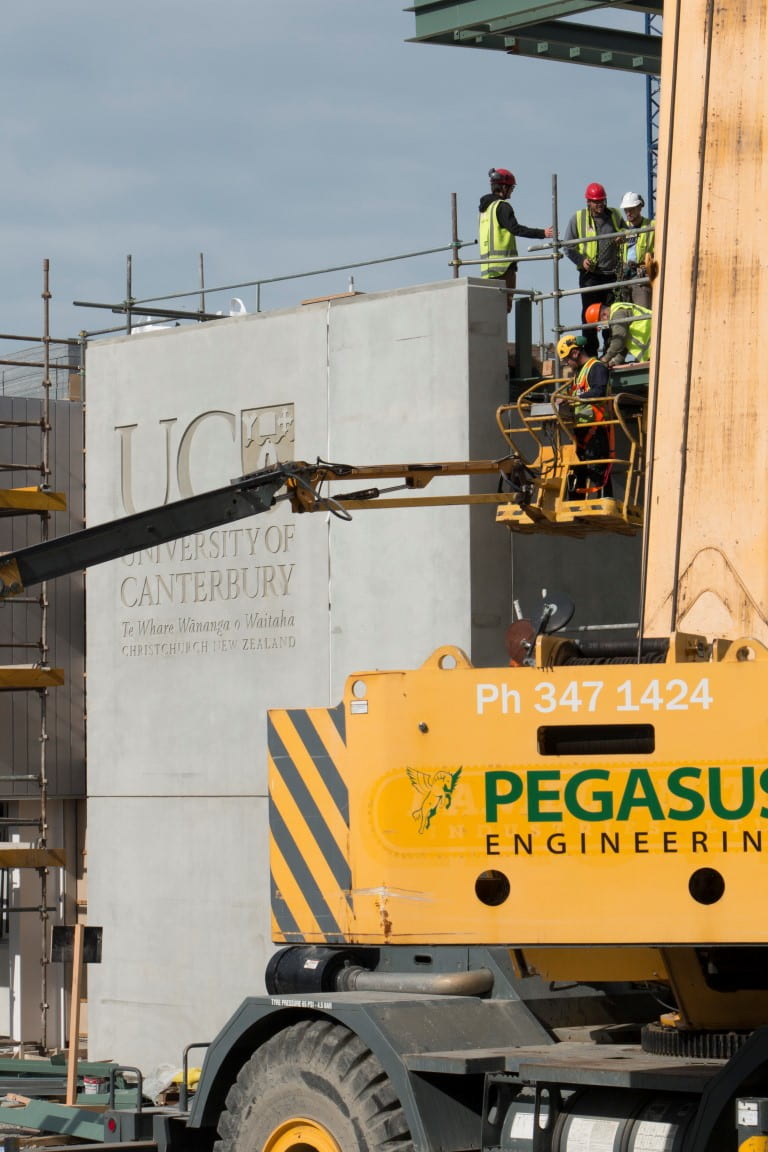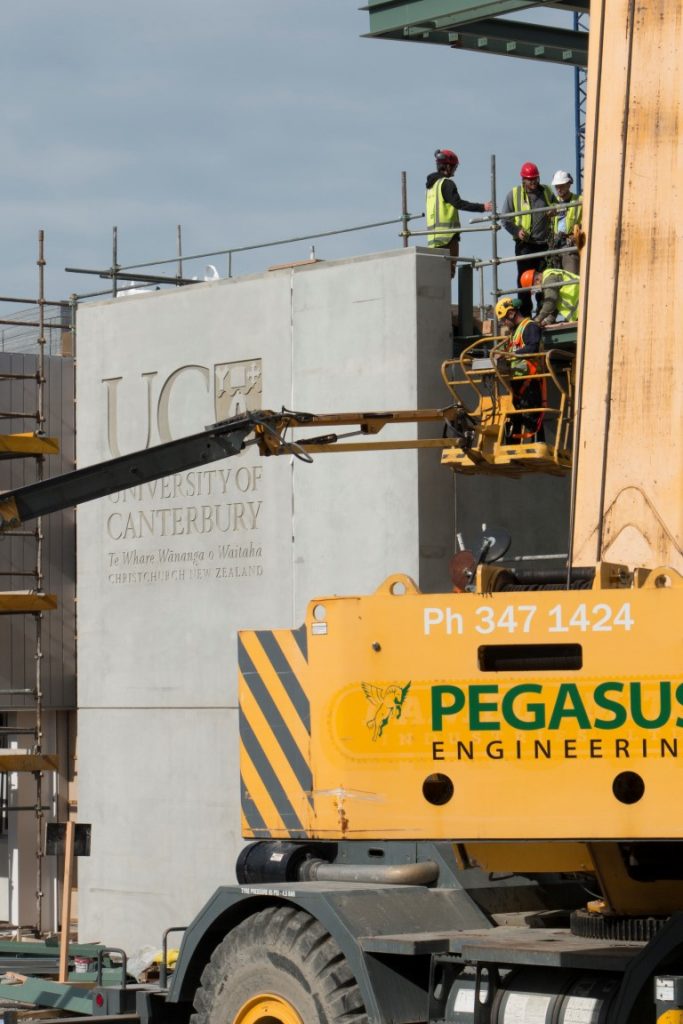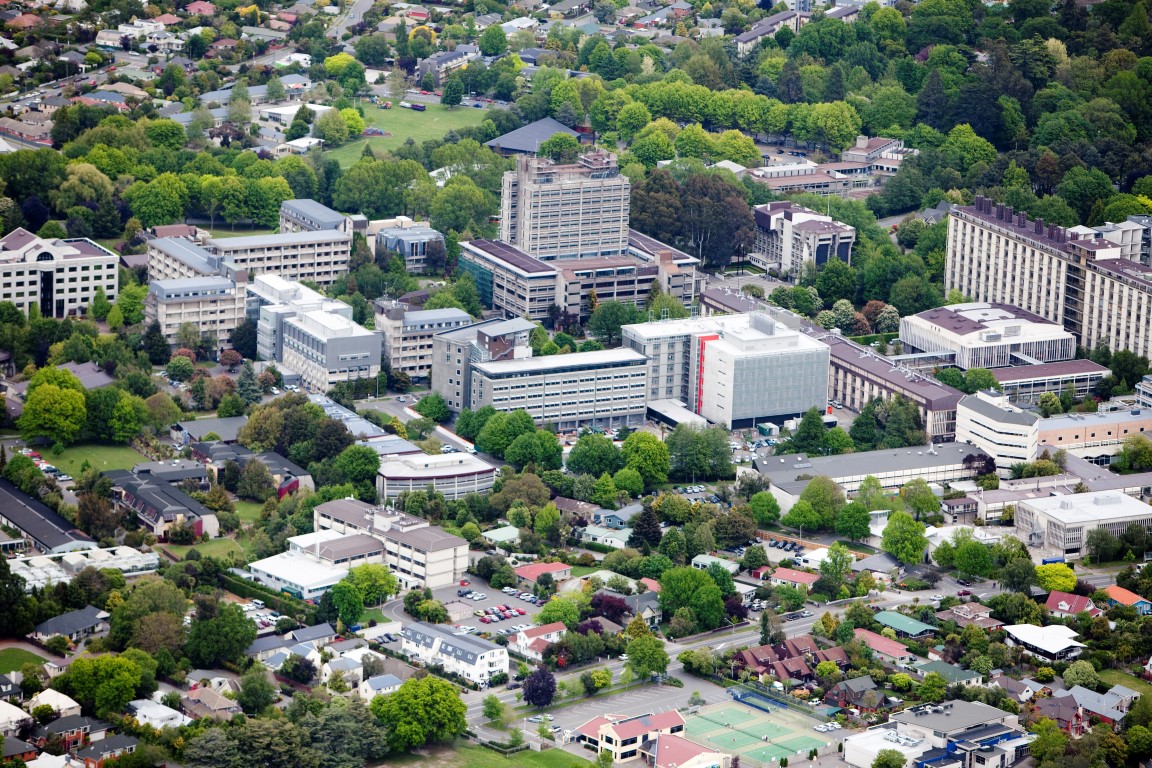

Good University Councils run successful academic institutions, not major capital works programmes. But, during disaster recovery, they are suddenly asked to behave like a property owner, managing a construction portfolio well beyond the dollar value of many commercial operations. And that’s a big ask in an already high-stress environment. If your governance body is faced with that challenge, there are three things we believe require particular attention.
Focus on decisions, not data
Business as usual reporting to Council tends to focus on information provision. During recovery, reports need to support decisions. That shift requires differently structured reporting templates and simplified board papers with clearly articulated decision points. The goal is to give Council members the confidence to act.
During normal operations, decision-making cycles are usually tied to the Council meeting schedule. In our case, there was a 6-week lead time for Council decisions, and it was necessary to wait another 6 weeks if a proposal was referred back for clarification. This does not meet the needs of a fast-paced construction programme. Decision-making and communication processes must be flexible enough to allow Council to act in a timely fashion, and some progress-critical decisions may need to be taken out of cycle.
Review delegations
It may also be necessary to reconsider the level at which Council sign-off is required. UC’s recovery programme was originally estimated at $20M. The UC Futures projects expanded this to a budget of well over $350M. Delegation levels and processes need to keep pace with this increasing complexity.
One strategy we used was to delegate contract signing authority within specified financial limits to the Vice Chancellor. We also broadened the types of decision that could be made by the Project Control Group (PCG). Early on, for example, our PCG simply had the power to halt progress. All other decisions had to be referred to the Council. Later the PCG was delegated to approve changes within the project contingency, but anything that affected overall budget still went back to Council.
As well as achieving the required pace, delegating some decisions frees up Council time to focus on higher-level programme issues and organisational strategy.

Build trust
For its part, the Council needs to trust the skills of the University’s staff, particularly the specialists brought in to deliver projects. The Council will be asked to make faster and riskier decisions than it might be accustomed to during normal operations, and probably in areas that might be relatively unfamiliar. In this situation, it is not surprising that Council’s instinct could be to seek more information before acting, but this needs to be weighed against the practical realities of project delivery. It takes time to achieve the right balance, and trust needs to be earned, but it is important to recognise the differing priorities of organisational governance and project delivery.